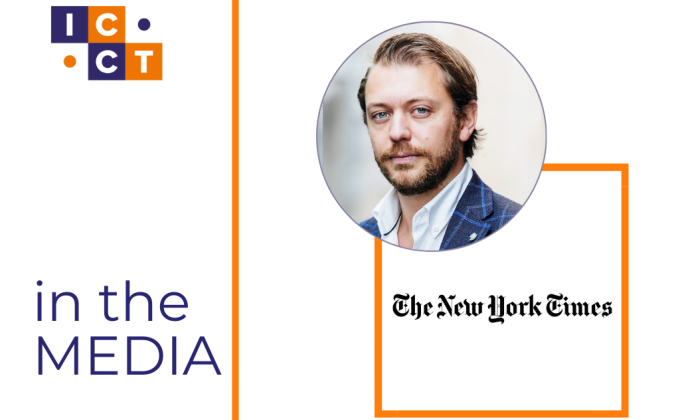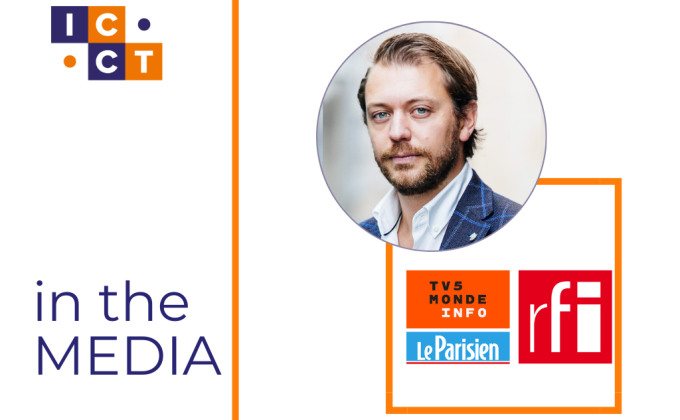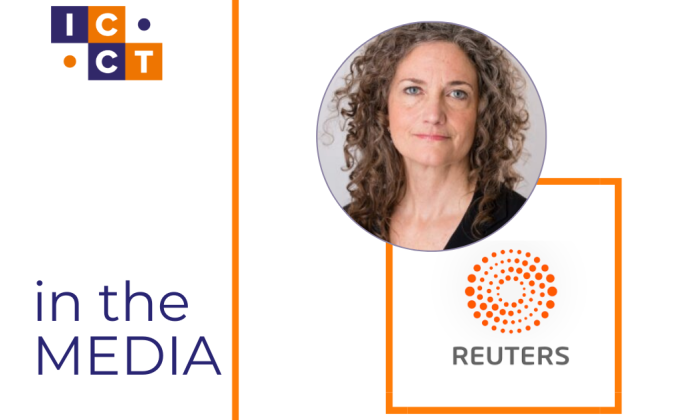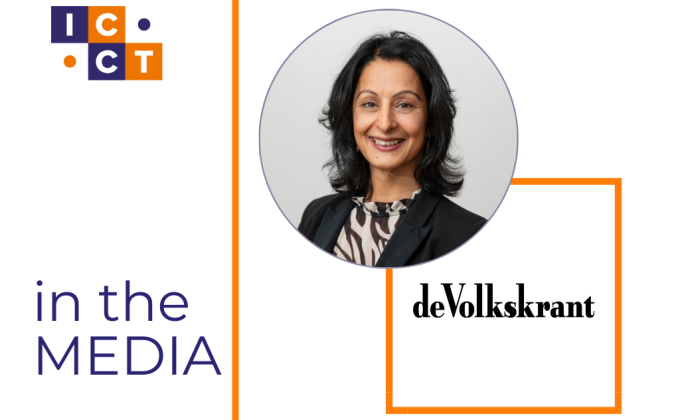ICCT Director Peter Knoope briefed a meeting of the Global Counterterrorism Forum (GCTF) in Abu Dhabi on the current developments and responses to the threat of foreign terrorist fighters, focusing specifically on European nations. Knoope, who is co-chair of a European Union Working Group (RAN INT/EXT) on the topic of foreign fighters, emphasised in his statement that most returning foreign fighters will not pose a security threat, but many may require various types of assistance, including medical and psychological support. At the same time, research has shown that the small percentage that does pose a threat to the country they return to, are likely to commit far more deadly attacks. With the meeting focusing on ways in which recruitment of foreign fighters can be prevented and returning foreign fighters can be peacefully reintegrated, Knoope stressed the importance of trust building and sustained engagement with relevant communities on the one hand and the authorities on the other. Furthermore, utilising the principals of the Radicalisation Awareness Network’s Declaration of Good Practices for Engagement with Foreign Fighters for Prevention, Outreach, Rehabilitation and Reintegration is paramount. Governments must also be more aware of the fact that – both explicit and implicit – messages that are sent to the public at large will naturally also reach foreign terrorist fighters’ circles through social media and have an impact on their behaviour. The meeting, hosted by the Hedayah Center, is part of an international initiative led by the governments of The Netherlands and Morocco. The increasing number of foreign terrorist fighters joining extremists groups in conflicts in Syria and Iraq is of great concern to governments across the globe. Through the GCTF and various other international platforms, ways to prevent and counter this threat will continue to be discussed.
June 23, 2014



